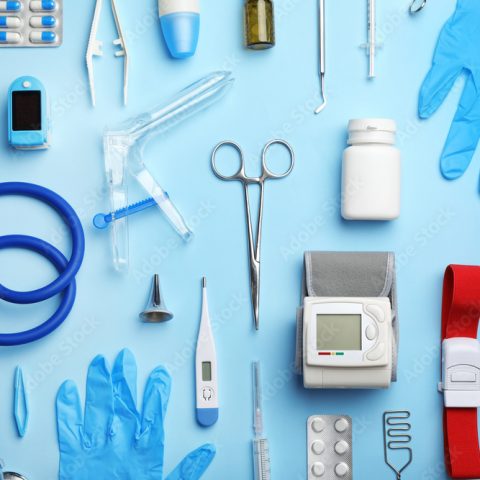ISO 14971 Risk Management Consulting for Medical Device Companies
ISO 14971 Risk Management
Medical device regulators in almost all major markets recognize that risk management principles should be used to identify and address safety issues of devices throughout their life cycle. ISO 14971 is formally recognized as the de facto risk management standard by regulatory authorities in the US, Europe, Canada, Australia, and more. ISO 14971 improves your organization’s ability to reduce uncertainty, and your ability to achieve the critical objective of ensuring device safety and effectiveness

What does ISO 14971 require?
To maximize effectiveness of your risk management system, ISO 14971 can and should be an integral part of your quality management system (QMS) as required by ISO 13485.
Specific requirements of ISO 14971 include:
- Provision of adequate resources
- Assignment of qualified personnel
- Establishment of a policy for risk acceptability criteria
- Management reviews of the Risk Management System

How to implement ISO 14971 for medical device risk management
- Step One: Gap Analysis
Our expert consultants perform an on-site or off-site review of your current procedures and risk management documents to analyze your current level of compliance with ISO 14971.
- Step Two: Establish Risk Management process and Risk Management File
Based on our gap analysis and requirements for your device type, we design and document a system for managing and evaluating risk that meets the requirements for ISO 14971.
Applying risk management through the device life cycle
Planning
Defining the scope of risk management activities and integrating with your QMS processes is the first step to applying an effective risk management system. We can guide you through the requirements for defining responsibilities and authorities, establishing risk acceptance criteria, and establishing a system for collection and review of production and post-production information, and more.
Documentation
We are familiar with a wide range of formats and approaches for documentation that demonstrates traceability for all hazards. We understand how each element integrates with the overall risk management process to identify potential gaps or opportunities for improvement when supporting product documentation efforts.
Risk Analysis/Assessment
Our risk management experts have the expertise to support various risk analysis/assessment steps, including facilitating a clear understanding of the Intended Use, Users, and Use Environment, and a detailed understanding of the characteristics related to safety. We can help define potential risks for consideration and facilitate the process of risk estimation and evaluation.
Risk Control
Risk Control includes the process of identifying means to reduce specific risks through an iterative process, whether the risk is associated with product design, manufacturing, outsourced processes, staff competence, or other sources. Our risk management experts can facilitate discussions and provide an independent, objective perspective throughout this activity.
Production and Post-Production Information
Our risk management experts understand the expectations for post-market surveillance (PMS) under the Medical Devices Regulation (MDR 2017/745) and In Vitro Diagnostic Devices Regulation (IVDR 2017/746); we can provide insight into these requirements to ensure you effectively monitor your device's field performance.

